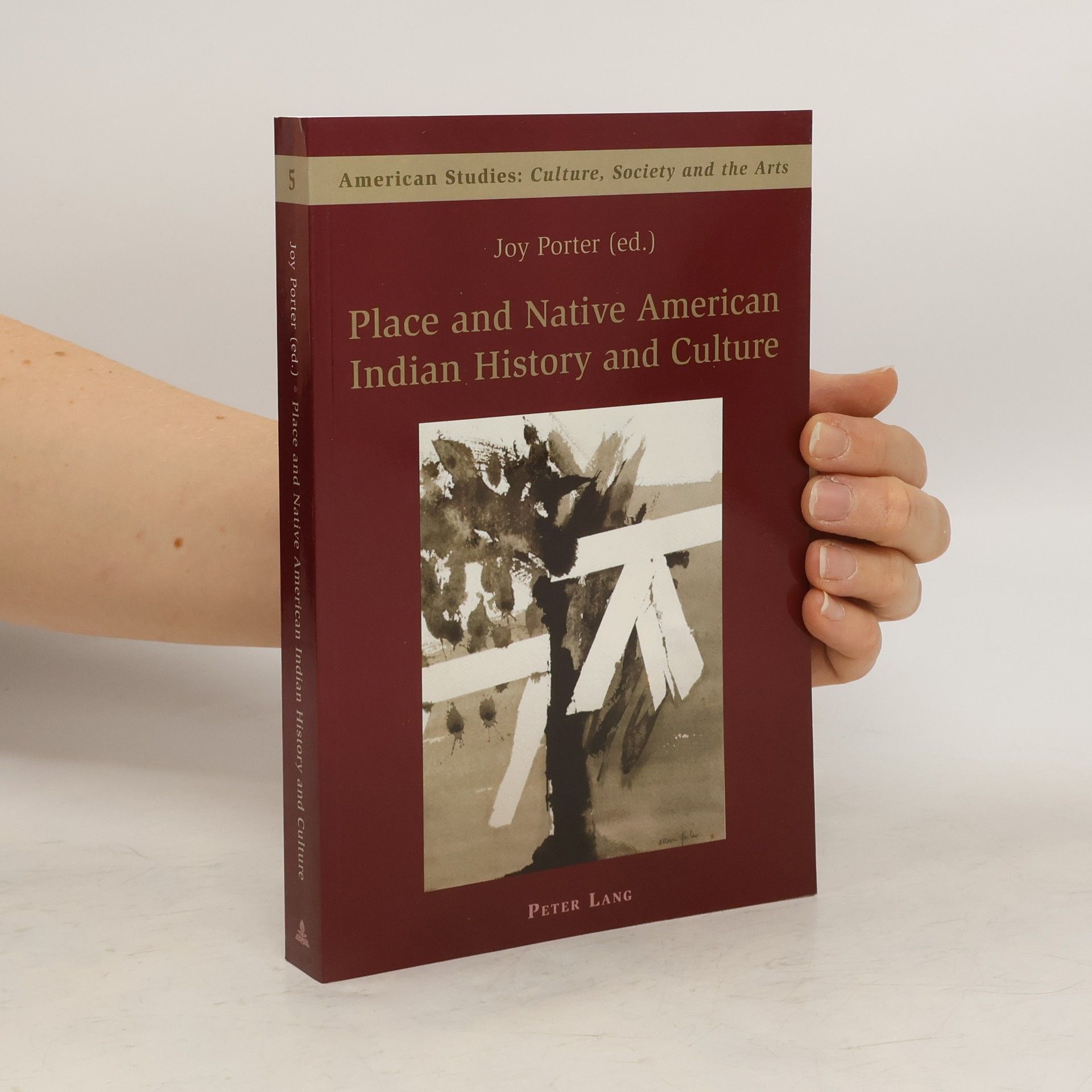Place and native American Indian history & culture
- 394 pages
- 14 hours of reading
In this volume prominent scholars from across the United States and Europe examine the central significance of place within Native American history and life. They shed new light on this foundational concept within Native American Studies at a time when the idea of place is under fundamental reassessment across disciplines. The studies focus on understanding the American self within each of the varied landscapes of the United States and on recognising the true «place» of American Indian peoples within American history. The contributions to this volume are selected from the conference on «Place and Native American Indian History, Literature and Culture» held on 29-31 March 2006 at the University of Wales, Swansea, U. K. Over one hundred and twenty delegates from across the globe congregated, including the largest gathering of Native American intellectuals yet seen in Europe.


